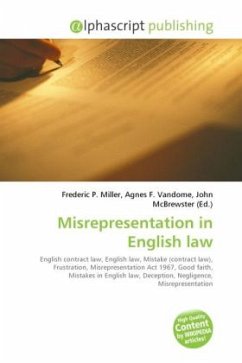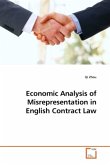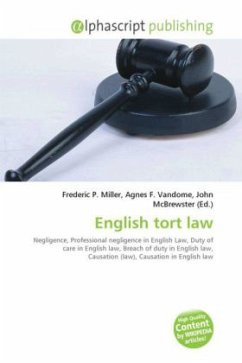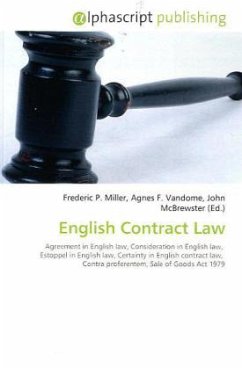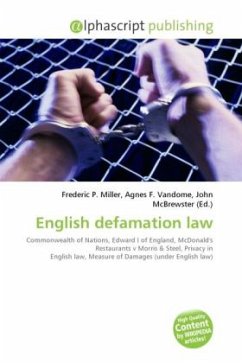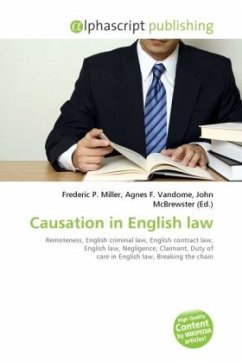Misrepresentation in English law is an area of the law of contract, which allows a claimant to escape an obligation or claim compensation for losses. If a claimant can show that she entered an agreement because of another party's false assurances, then the other party will be unable to enforce the agreement against her, and may have to pay her damages. A misrepresentation can be an outright lie (fraud), an unintentional but careless falsehood (negligence), or an innocent slip of the tongue. In most cases English law allows escape from the bargain when a misrepresentation was made, because it holds that people should only assume contractual obligations when they have given their true consent. When a misrepresentation has been made and an agreement was (or at any rate appeared to be) concluded, the misrepresentee (the one told the lie, falsehood, etc) does not have to bring a halt to the deal. Misrepresentations generally do not render a contract void, as does the contractual doctrine of common mistake or frustration.
Bitte wählen Sie Ihr Anliegen aus.
Rechnungen
Retourenschein anfordern
Bestellstatus
Storno

